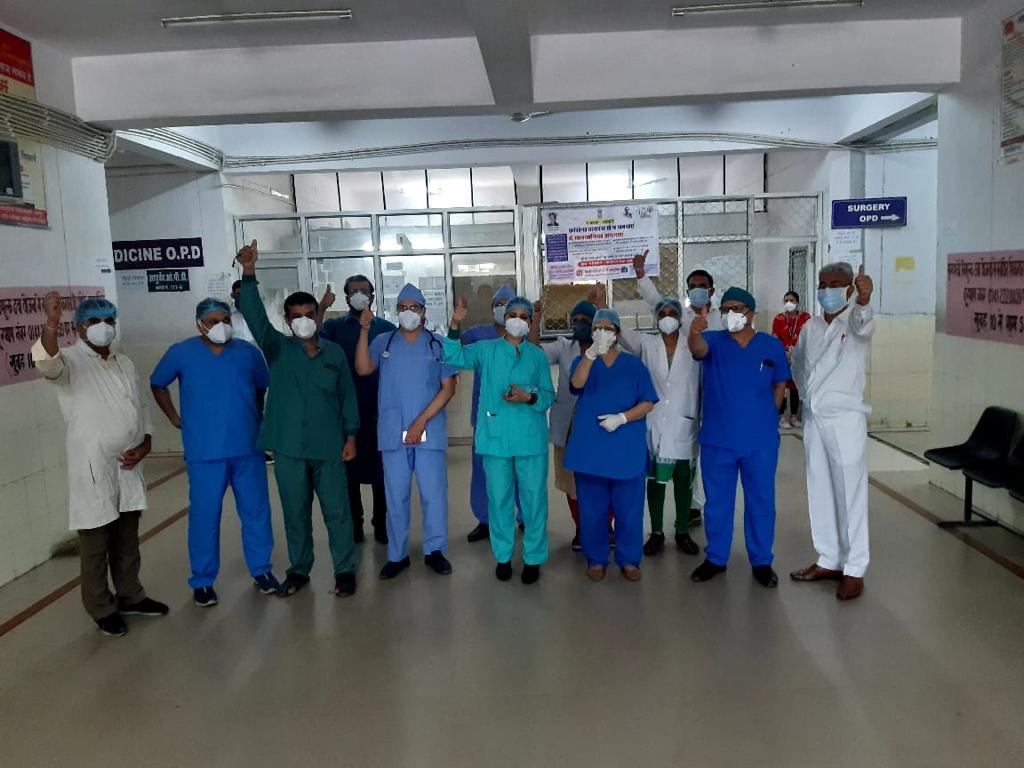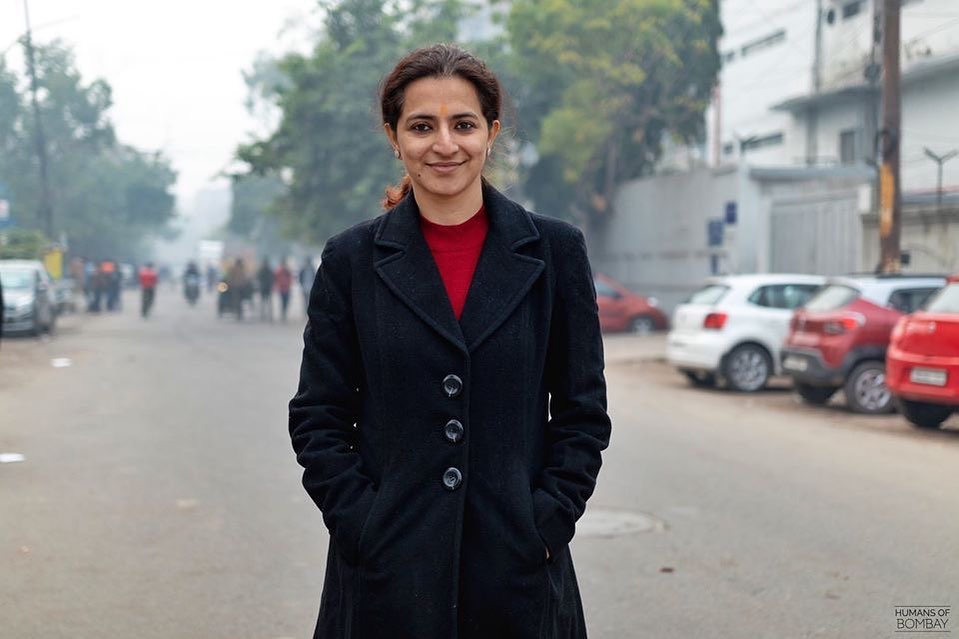Meet Mugdha Sinha, The Zealous IAS Officer Who Fought Illegal Mining And Casteism In Rajasthan
- IWB Post
- February 20, 2019

When IAS officer Mugdha Sinha was first asked to take charge of Jhunjhunu, a small district in Rajasthan, she said an easy “yes” without thinking twice. Having ample experience in bigger districts, she was certain that it would be a relatively less complicated district.
However, soon after being transferred to Jhunjhunu and becoming the first woman collector to handle the district she got acquainted with the reality which was rather dark.
For starters, the caste system and discrimination in the area was so pronounced that almost every day she’d be approached by some petrified individual. “‘Ma’am, they will murder me or they will encroach upon my land. Please save me,’ the caller would plead,” she shares.
While most of the other officers before her did not pay much heed to these complaints and let the system go as it was, Mugdha decided that it was time for all of it to change and thus devised a system for the same.
Thus, every time a similar call was received, immediately the SHO and tehsildar of the area would be alerted to reach out to the caller and keep Mugdha updated until a proper resolution. After district tours, she’d often take the report files home to keep a tab on the situation and the updates.
She shares, “Often, people higher up in the social strata make the poor wait before allowing them to access the collector. But instead of them having queue up outside my office, I decided to go to them. Whether they turned in groups to seek solutions, I tried not to leave until the last person’s issues were addressed.”
She even set up Daak Monitoring system (DMS) in the district to keep people informed about the progress of their grievances. Apart from this, borewell digging and mining, often illegal, was also a big problem in the area.
She started working on it and in 2010 succeeded to shut a mine. She shares, “Machines and heavy-duty vehicles from neighbouring districts or even states like Haryana dug borewells. This required approval from the collector. We struck down heavily on them.”
She adds, “For days, no one claimed ownership. But after the compensation was paid, I started getting calls from people who wanted to reopen it. I stood my ground and refused to retract my action. I asked these individuals about their interest in the reopening, they had no answer. They weren’t owners on paper, but involved in the scam. They knew this truth would eventually surface. Given that the incident cost lives, their next pit stop would be the prison.”
As her methods challenged the power dynamics of the area, they were obviously criticised. However, the general public was mostly on her side. This is probably why she was given a transfer just 6 months after her posting in Hanumangarh, a move that sparked widespread protest from the general public.
Mugdha says, “It was proof of the fact that if you keep doing good work, you will be recognised. I cannot thank the people of the district enough for their support. Transfers are a part of bureaucratic work. We cannot evade them. Apart from two short tenures, I have relatively had stable tenures.”
Expressing her discontent with the system, Mugdha explains, “With changing times and bureaucracy, tenures have become shorter. While the government has supreme power to transfer a non-performer, it should enable stable tenures for performing officers. A simple reason is that we initiate projects but are unable to take them to their logical conclusion due to abrupt transfers. In the process, the common man, who is our utmost priority, suffers. Shorter tenures, therefore, should be an exception to the rule.”
She believes that there are four kinds of officers. “The honest and the efficient, the honest and the inefficient, the dishonest and the efficient, the dishonest and the inefficient.”
“Any person can be trained to become efficient. But honesty is the core your integrity; it cannot be taught. You may either choose to work for five people and carry out their work, regardless of the ethics involved, and have them put in a good word for you at the centre. Or become the voice of the voiceless, listen to them, and resolve the issues of the aam janta. Don’t forget that it is because of them that our jobs exist. We draw a salary and livelihood by resolving their problems.”
She has a message for all the civil services aspirants. “This is not a job but a service. Pursue it only if you have the attitude and aptitude to serve the disadvantaged and honestly deliver what is expected of you. Efficiency is just as important as honesty. You will be respected simply because you are an officer. But becoming an officer who performs well should be your goal. If you continue to work for the common man, you will eventually be rewarded. For some people, it may take five years, for others, their entire tenure. Think about the legacy you will leave behind, which comes irrespective of the awards. That is what will remain in people’s hearts and minds,” she says.
H/T: The Better India
- 0
- 0












